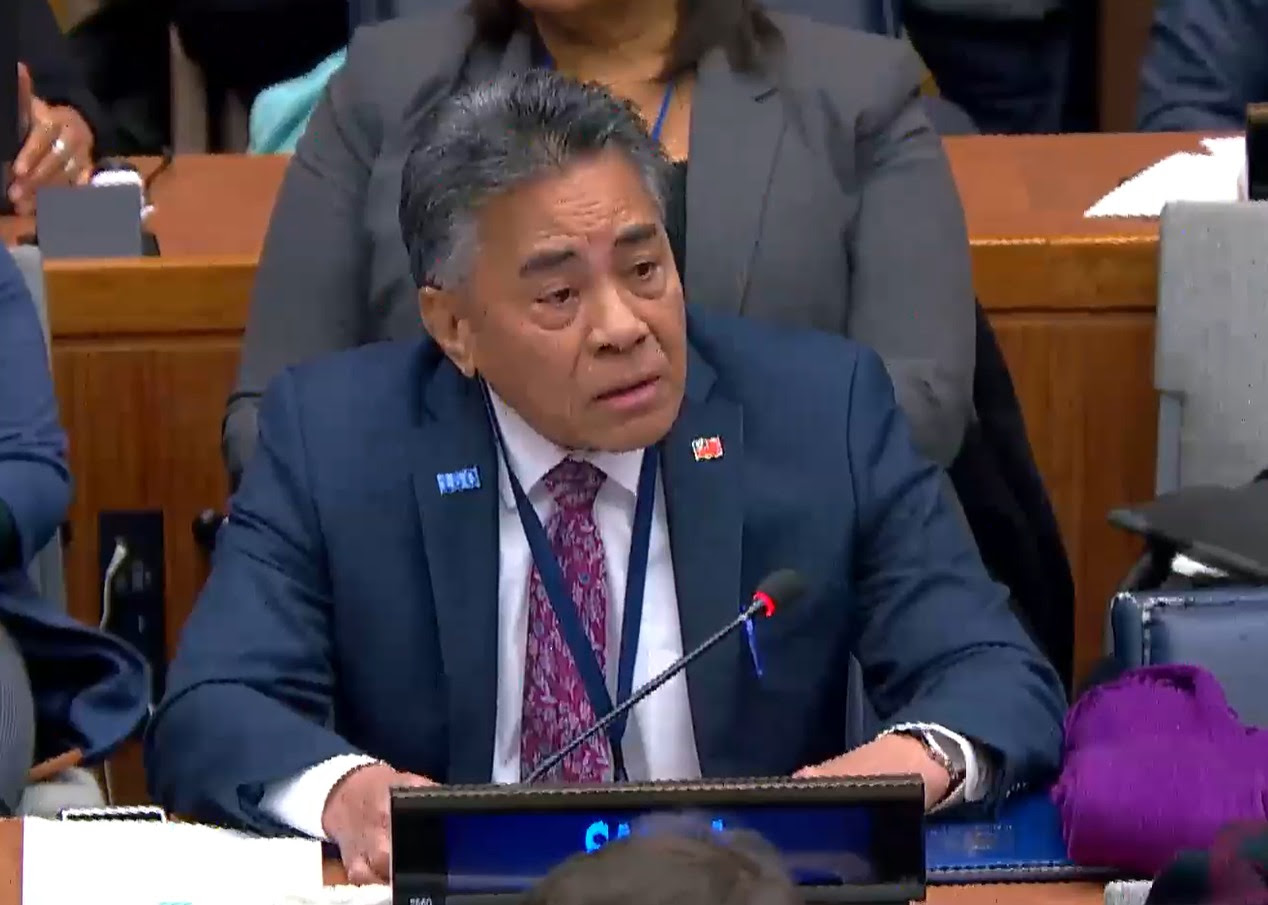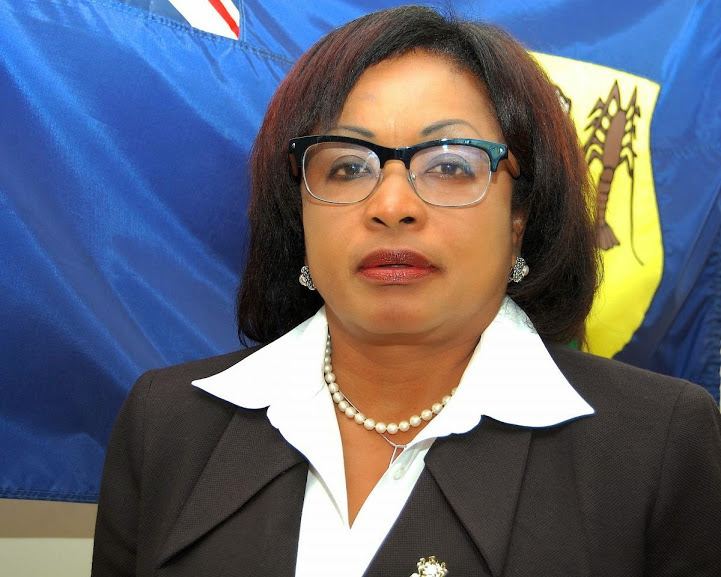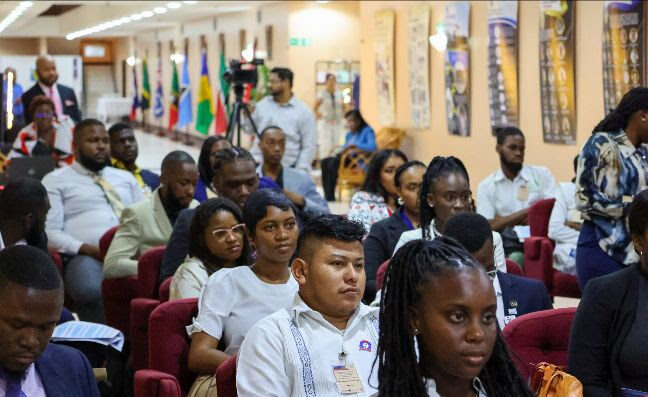By Desmond Brown
MADRID – The lack of access to affordable, reliable electricity is a widespread problem across the Caribbean with thousands of rural homes requiring urgent attention to prevent the region for sinking further into poverty.
Dessima Williams, SDGs Champion at the Caribbean Natural Resources Institute (CANARI), said providing clean power to these households would transform the lives of people and put a dent in energy poverty in the Caribbean.
“Energy is very expensive in the Caribbean as part of our expenditure for livelihood, and therefore, not everybody could afford it,” Williams told Caribbean News Service (CNS) on the sidelines of the United Nations Climate Conference (COP25), being held here.
“I know people in Grenada, where I’m from, who during the month, when the tank of [cooking] gas is finished, they can’t buy more gas until they get paid again. That’s the scale of energy poverty in our region.”
Energy poverty – lack of access to electricity – has been described as the ultimate economic hindrance, as it prevents people from participating in the modern economy.
“What energy poverty does is that it perpetuates general poverty. If you can’t find electricity for a quality of life, if you can’t find gas for cooking, those impact children’s access to education, [put a] strain and stress on women or men to find food,” Williams explained.
“It also raises the cost for everybody, even the cost of fuel to catch fish, and therefore raises the price of fish in the Caribbean or agricultural products for the farmers.
“So, it is really important that we have affordable, accessible, clean energy available to all – both from the point of view of reducing and eliminating energy poverty, but also for the wider issue of poverty eradication,” Williams added.
Scaling up renewable energy initiatives
Williams said in order to achieve the goal of affordable, clean energy for all, renewable energy initiatives have to be scaled up.
She cited what’s happening in the Dominican Republic, where there’s an 80 per cent transformation from fossil fuels to more renewables.
“That should be the case in every island in the shortest possible time. We also need to make sure that the energy transition or transformation reaches the poorest of the poor, and in that sense, the decentralization of energy supply, whether it occurs through solar energy, batteries and simple ways that the average person could find it affordable,” Williams said.
“I know that solar energy for most households in Grenada, it’s not affordable. It’s come down significantly and it’s still maybe two per cent of our energy grid, but I think it needs to be faster and more affordable, so that it becomes more sustainable and it builds up the resilience of communities and households to function, particularly in times of hurricane crises and in normal times, that it leads to a rapid application of sustainable practices that could eradicate poverty.
“In some countries, like my own, our poverty is in the double digits and the Sustainable Development Goals make it imperative that we act,” Williams added.

In September, the United Nations Office of the High Representative for the Least Developed Countries, Landlocked Developing Countries and Small Island Developing States (UN-OHRLLS) and the International Renewable Energy Agency (IRENA) signalled their commitment to strengthen cooperation aimed at advancing renewable energy in the Least Developed Countries (LDCs), Landlocked Developing Countries (LLDCs) and Small Island Developing States (SIDS).
The two organisations noted that small island developing states are at risk of being left behind and energy gaps must be closed and SIDS supported in transitioning to more sustainable and renewable energy sources by 2030, adding that countries cannot achieve this alone.
“The energy transformation brings significant opportunity to developed and developing countries alike,” said IRENA Director-General Francesco La Camera.
“Renewables are not only our most effective response to rising emissions, but they are also an engine of low-carbon development, supporting energy access, energy security and climate resilience in the world’s most vulnerable countries.”
Ending energy poverty in vulnerable countries and ensuring that no country or person is left behind is critical to achieving the 2030 Agenda for Sustainable Development and achieving the Sustainable Development Goals.

Meanwhile, since the launch of IRENA’s SIDS Lighthouses Initiative (LHI), the renewable energy uptake in SIDS has been impressive.
The initial LHI targets for 2020 in terms of installed capacity (100 megawatts of solar PV, 20 megawatts of wind power) and mobilised funding (US$ 500 million) have been met and exceeded three years ahead of schedule.
- COP25: Caribbean airports’ close proximity to coastline a big concern as sea levels rise
- COP25 – How Antigua and Barbuda is ‘transitioning from old ways to green ways’ with renewable energy
- COP25 – ‘We are dying’: Island youth demand action from rich countries to meet scale of climate emergency
SIDS Lighthouse Programme Officer Arieta Gonelevue Rakai told CNS the Caribbean SIDS are being assisted at different levels, including capacity building on renewable energy statistics and energy target setting.
“At the national level, we’re assisting some of the SIDS, for example Antigua and Barbuda,” Gonelevue Rakai told CNS.
“We are going to start a feasible study on electrifying their transport sector. This is going to start early next year.
“We hope that out of this study we will have a road map that will highlight the long-term plans on how to go about achieving the 100 per cent energy target,” she added.




